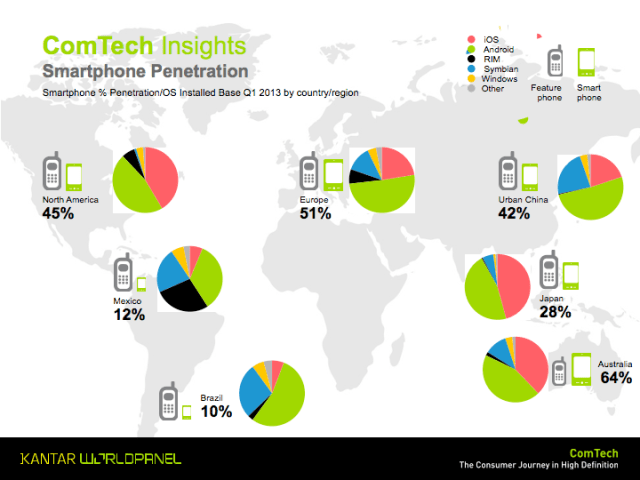“A truck carrying drill cuttings from a fracking site set off a radiation alarm at a landfill in Pennsylvania. Emitting gamma radiation ten times higher than the permitted level, the waste was rejected by the landfill.
After the alarm went off, the MAX Environmental Technologies truck was immediately quarantined and sent back to the Marcellus Shale fracking site it had come from in Greene County, Va. The 159-acre Pennsylvania landfill site accepts residual and hazardous waste, but the cuttings were too radioactive for the site to safely dispose.
The Pennsylvania landfill, located in South Huntingdon, rejects waste that emits more than 10 microerm per hour of radiation. The fracking materials were found to emit 96 microerm per hour of Radium 226 – a rate that is 84 times higher than the Environmental Protection Agency’s air-pollution standard and ten times higher than the landfill’s permitted level, Forbes reports.
Exposure to the materials taken from the fracking site can have serious health consequences, including the risk of developing cancer. The high level of radiation emitted by the materials serves as alarming news for environmentalists and residents located near hydraulic fracturing sites across the US.
“Long-term exposure to radium increases the risk of developing several diseases,” the EPA writes. “Inhaled or ingested radium increases the risk of developing such diseases as lymphoma, bone cancer and diseases that affect the formation of blood, such as leukemia and aplastic anemia… External exposure to radium’s gamma radiation increases the risk of cancer to varying degrees in all tissues and organs.”
The drill cuttings have been sent back to the well pad where they were extracted. The production company, Rice Energy, must now apply to have the waste discarded at other landfill sites that accept materials with higher levels of radiation….”
Comments »







